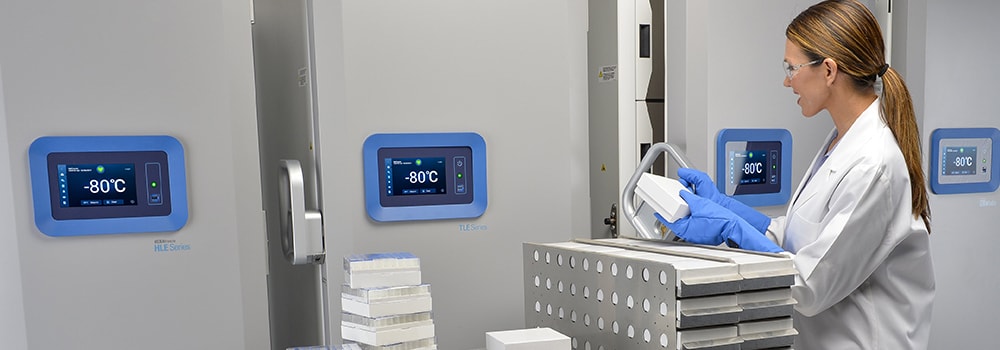
Biobanks are instrumental in closing the gap between routine healthcare and research. Biobanks helped develop the infrastructure and processes from when a sample is first taken, to returning research results to the participating collection site. In combination with support on regulatory aspects such as data protection and ethical guidance, biobanks have started to transform into data integration centers and service providers.
Many of the clinicians, professors and post-docs that created groundbreaking scientific work in the last 10-15 years were trained and became experts in different scientific disciplines; geneticists, pathologists, epidemiologists or even computational scientists. These professions have helped to build global and regional biobank communities. A more detailed overview on 5,000 days of biobanking can be seen via this LERN 2021
Today there are multiple ways to educate and train yourself in this relatively young scientific discipline. You can become a Master of Science Biobanking at the Medical University of Graz, or you could join the Master of Science in Biobanks and complex data management at the University Côte D’Azur in France. ISBER offers an ‘essentials of biobanking course’ and ESBB has a working group on education and training. Via social media, the various communities are sharing expertise and news, but also discussion forums, for example ‘Connecting biobanks in Latin America’.
Serving many biobanks globally, researchers and biotech customers that are involved in sample storage, cold storage and pre-analytics can rely on decades of experience. A significant number of related biobanking informational tools are available from Thermo Fisher Scientific. An opportunity to learn more about specific applications, guidance on cryogenic storage or gain access to ultra-low freezer selection guides, as well as webinars and articles are available. The further expansion of the Thermo Fisher Scientific applications team will further enhance support for biobanks with specific scientific or design-oriented questions. In the coming weeks we will be launching a new Biobanking Hub with new material, more to follow very soon!
Alternatively you have the option to outsource sample storage and management; Thermo Fisher Scientific has its own biorepositories. With experience maintaining the integrity of millions of samples in our global network of biorepositories, Thermo Fisher Scientific is the expert in transporting, storing, and handling specialized biological samples and material. Expertise that also gives us also great insights in the latest developments, regulations and challenges in the exciting world of biobanking and that is something we are very happy to share with you.





Leave a Reply